Business West African Markets II (Online Bachelor of Science)
Doing Business in West African Markets II (Bachelor of Science in Inter-African Business, e-learning, third semester)
| Bachelor of Science in Inter-African Business |
Subject - “Doing Business in West African Markets II” (8 ECTS) - Online Bachelor of Science in Inter-African Business (third semester).
Nigeria, Senegal, Sierra Leone, and Togo. Nigerian businessmen

Syllabus of the Program: Doing Business in Senegal.
- Introduction to Senegal
- Senegalese economy
- Senegalese International Trade
- Senegalese Customs
- Port of Dakar
- Senegalese Agency for Export Promotion
- Invest in Senegal
- Privatization in Senegal
- Top sectors:
- Agro-Business
- New technologies
- Tourism
- Textile
- Fishing
- Mining
- Case Study:
- SODEFITEX
- SONATEL
- SUNEOR Group
- Access to the Senegalese market
- Business Plan for Senegal
Objectives of the Program “Doing Business in Senegal”:
- To learn to do business in Senegal
- To know the business opportunities in Senegal
- To know the trade agreements of Senegal
- To investigate trade relations of Senegal with the country of the student
- To learn to develop a Business Plan for the Senegalese market
- To understand the role of Senegal as gateway towards the West African Markets
- To study the profile of Senegalese companies
Syllabus of the Program: Doing Business in Sierra Leone
- Introduction to the Republic of Sierra Leone
- Economy of Sierra Leone
- Sierra Leonean Foreign Trade
- Export procedures in Sierra Leone
- Business opportunities in Sierra Leone
- Sierra Leonean agriculture
- Tourism
- Marine resources
- Infrastructures
- Mining
- Petroleum and gas
- Export and Investment Promotion Agency of Sierra Leone
- Invest in Sierra Leone
- Access to the Sierra Leonean market
- Business Plan for Sierra Leone
Objectives of the Program “Doing Business in Sierra Leone”:
- To learn to do business in Sierra Leone
- To know the business opportunities in Sierra Leone
- To know the trade agreements de Sierra Leone
- To investigate trade relations of Sierra Leone with the country of the student
- To learn to develop a Business Plan for the Sierra Leonean market
Syllabus of the Program: Doing Business in Togo
- Introduction to the Togolese Republic
- Togolese economy
- Togolese International Trade
- Port of Lomé
- Togolese free zone
- Access to the Togolese market
- Business Plan for Togo
Objectives of the Program “Doing Business in Togo”:
- To learn to do business in Togo
- To know the business opportunities in Togo
- To know the trade agreements of Togo
- To investigate trade relations of Togo with the country of the student
- To learn to develop a Business Plan for the Togolese market
Syllabus of the Program: Doing Business in Nigeria
- Introduction to the Federal Republic of Nigeria
- Nigerian economy
- Top Nigerian economic sectors:
- Petroleum and gas
- Minerals
- Agriculture
- Information and telecommunications
- Tourism
- Manufacture
- Mining
- Infrastructures
- Nigerian Foreign Trade
- Procedures of exportation and importation
- Port of Lagos
- Nigerian free trade zones
- Business in Lagos and Abuja
- Invest in Nigeria
- Case Study:
- Nigerian Beer Factory
- Churchgate Group
- Starcomms
- United Bank Africa (UBA)
- Access to the Nigerian market
- Business Plan for Nigeria
Objectives of the Program “Doing Business in Nigeria”:
- To learn to do business in Nigeria
- To know the business opportunities in Nigeria
- To know the trade agreements of Nigeria
- To investigate trade relations of Nigeria with the country of the student
- To learn to develop a Business Plan for the Nigerian market
- To understand the importance of Nigeria as the first African Economy
- To study the profile of the Nigerian Businessmen
Syllabus of the Program: Nigerian Businessmen
Alhaji Aliko Dangote
- The Nigerian Muslim Businessman Alhaji Aliko Dangote
- Expansion of the Dangote Group in Africa
- Philanthropic activities of Alhaji Aliko Dangote
Folorunsho Alakija
- The Nigerian Christian Businesswoman Folorunsho Alakija
- The Nigerian Fashion Group “The Rose of Sharon”
- The Oil Company Famfa Oil
- Rose of Sharon Foundation
Tara Fela-Durotoye
- The Nigerian Businesswoman Tare Fela-Durotoye
- Expansion of the company the “House of Tare international” in West Africa
Adenike Ogunlesi
- The Nigerian Businesswoman Adenike Ogunlesi
- The fashion group “Ruff ’N’ Tumble”
Théophile Yakubu Danjuma
- The Nigerian Christian Businessman General Theophilus Yakubu Danjuma
- The Nigerian conglomerate NAL COMET
- TY Danjuma Foundation
Hajia Bola Shagaya
- The Nigerian Muslim Businesswoman Hajia Boule Shagaya
- The distribution company of photographic products “Bolmus international”
- The oil distribution company “Practoil Ltd”
Folake Folarin-Coker
- The Nigerian Businesswoman Folake Folarin-Coker
- Nigerian fashion group “Tiffany Ambre”
Olufemi Otedola
- The Nigerian Muslim Businessman Olufemi Otedola
- Forte Oil Group
- Other companies controlled by Olufemi Otedola
Adewale Tinubu
- The Nigerian Muslim Businessman Adewale Tinubu (the King of the African Oil)
- The Company “Oando Energetic Resources”
- Group “Ocean and Petroleum”
Amina Odidi
- The Nigerian Muslim Businesswoman Amine Odidi
- The pharmaceutical company “Intellipharmaceutics”
Mike Adenuga
- The Nigerian Christian Businessman Mike Adenuga: the third richest man in Africa
- Globacom Group
- Mike Adenuga Foundation
Abdulsamad Rabiu
- The Nigerian Muslim Businessman Abdulsamad Rabiu
- Nigerian Bank of Industry and the Business Conglomerate BUA
MON Doctor Orji Uzor Kalu
- The Nigerian Christian Businessman Orji Uzor Kalu
- The Nigerian conglomerate SLOK Holding
- Orji Kalu Foundation
Jim Ovia
- The Nigerian banker and Businessman Jim Ovia
- Bank Zenith (the sixth largest African Bank)
Tony Elumelu
- Concept of afro-capitalism developed by Tony Elumelu
- United Bank for Africa
- Tony Elumelu Foundation
Tunde Folawiyo
- The Nigerian Muslim Businessman Tunde Folawiyo
- Yinka Folawiyo Group
Doctor Alhaji Muhammadu Indimi
- The Nigerian Muslim Businessman Alhaji Muhammadu Indimi
- The Oil company “Eastern Energy Resources”
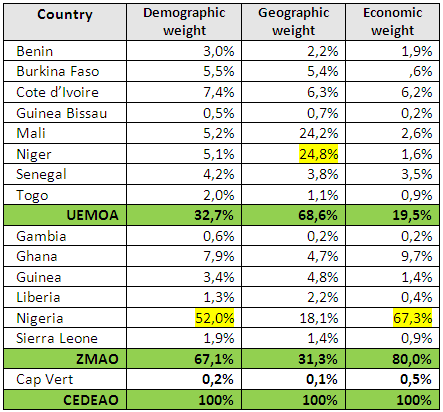
Economic integration in West Africa
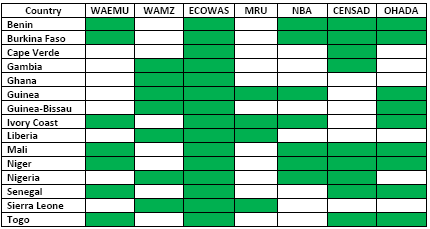

- ECTS = European Transfer and Accumulation System
- CECT = Credit of Capitalisable and Transferable Evaluation (CAMES)
Samples: Doing Business in West African Markets II (Bachelor of Science in Inter-African Business, e-learning, third semester).
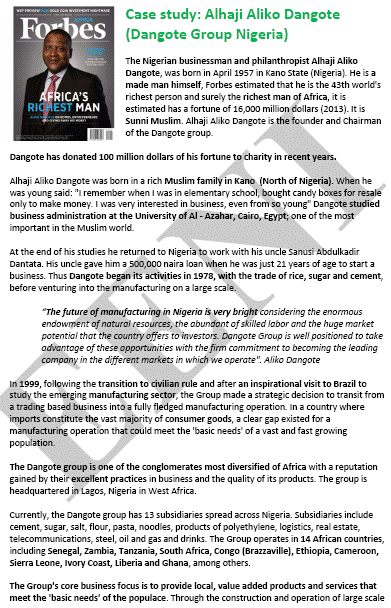
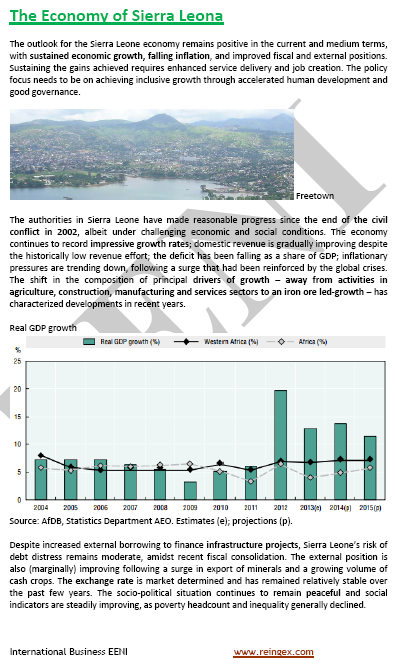
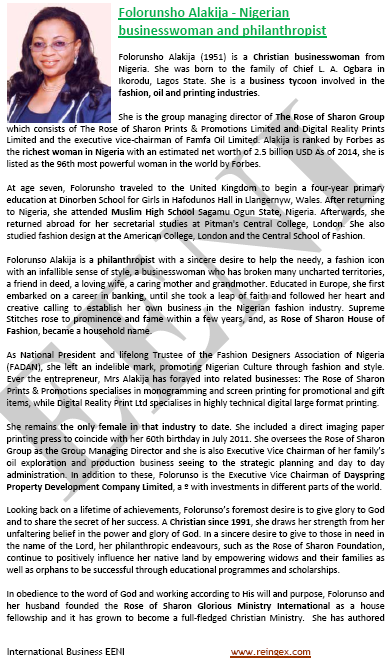
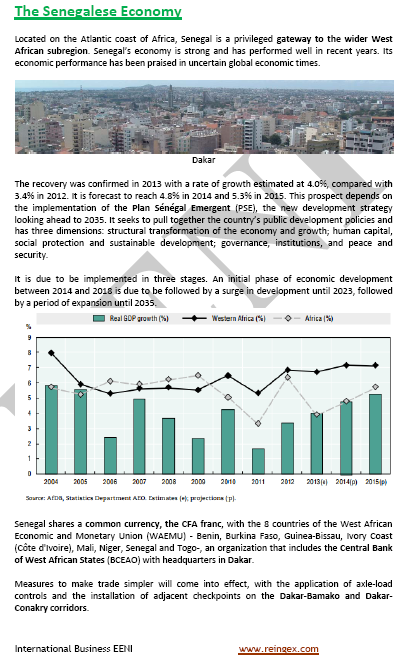
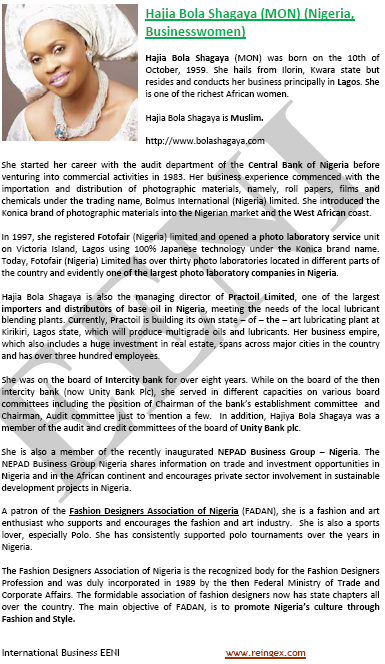
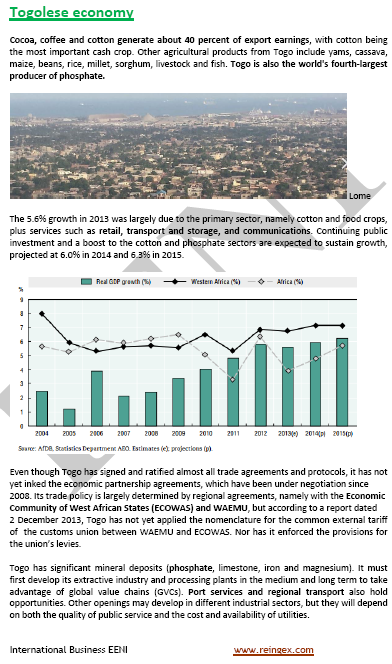
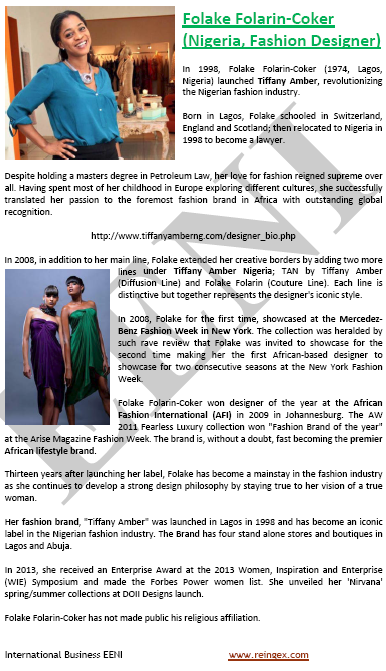
Language of the Subject “International Trade and Business in” West African Markets II” of the Bachelor of Science in Inter-African Business taught by EENI Global Business School (third semester):  or
or  EENI
EENI  EENI
EENI  EENI.
EENI.
(c) EENI Global Business School (1995-2024)
We do not use cookies
Top of this page

